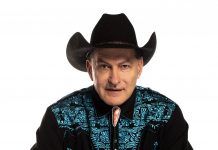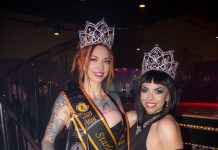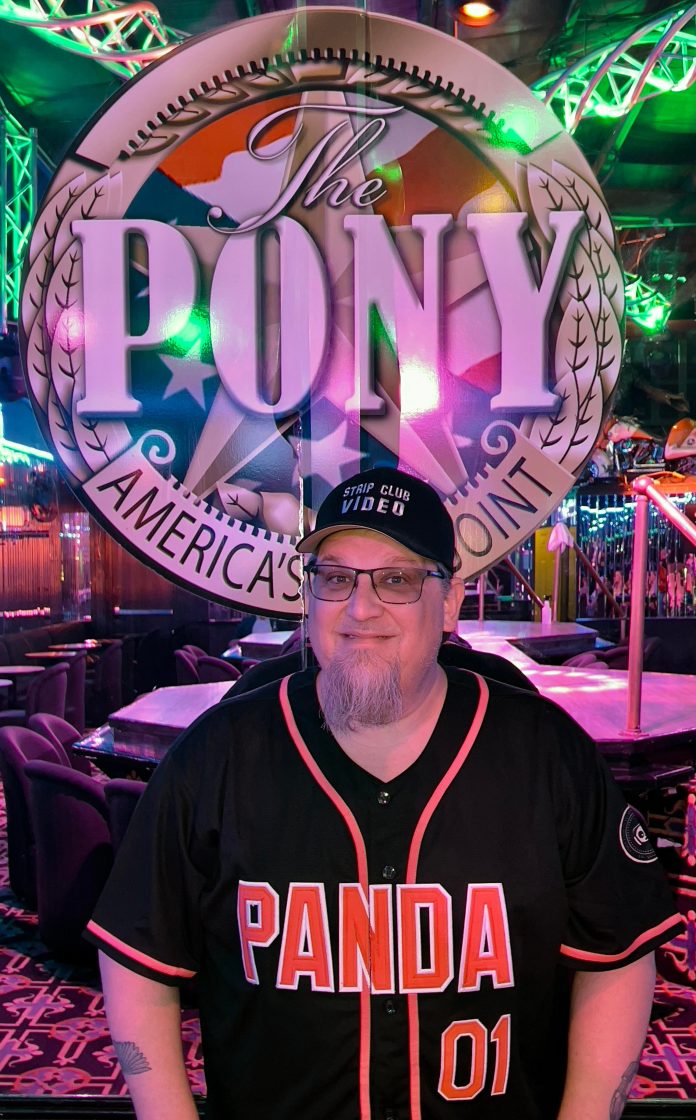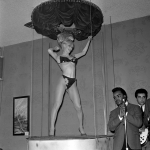(Note: This story appears in the May 2022 issue of ED Magazine)
Jeb Jarrell has always known it’s about playing the right song at the right time.
In the mid-80s, the very-religious parents of Pony Bama DJ Jeb Jarrell, a 30-plus year industry veteran and pioneering PANDA (Professional Adult Nightclub DJ Association) statesman bought a skating rink near their church. At the rink, then prepubescent Jarrell quickly realized that playing the right song at the right time would bring older girls who would pay attention to him. Little did he know then that playing songs would ultimately become his career path.
ED Magazine’s Larry Kaplan spoke with Jarrell about his time in the industry, PANDA, and the Pony clubs.
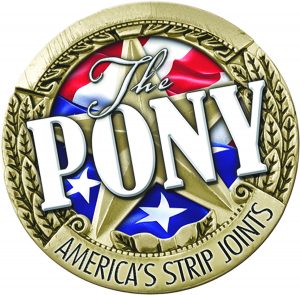
ED: You had an unorthodox job interview for your first adult nightclub DJ position?
JARRELL: I was managing a Santa Monica (California) pet supply. My boss took us to a nearby strip club to celebrate a good year. During our visit, the DJ stormed out. Without music, the bartender and manager were freaking out. I explained I could DJ. The manager said, “Prove it.” I got up, figured out the setup, got on the mic, and talked some shit. They loved it, and the rest is history. I quit the pet supply and DJed around LA and Minnesota for a while, then worked in Texas for several years.
ED: Tell me about the time between your first job in LA and today in Huntsville.
JARRELL: I learned timing and most of the craft in North Texas from guys like Smokin’ Joe, who’d been DJ’ing forever. I worked at Nico Foster’s Jaguars clubs all over Texas. I started at Nico’s Lubbock club, then moved to his Abilene club and stayed there 12-and-a-half years. Nico sold out to Rick’s, who employed me for a few years. I’m from Colorado, and eventually I got tired of DJ’ing and decided to go home. Without a job, I moved back to Colorado. I walked into the Colorado Springs Deja Vu and got hired as the doorman. They had me DJ’ing a little bit, and when they brought in CoverJock, I quit DJ’ing to work as dayshift manager for about four years.
Management’s very challenging — constantly being the good guy and the bad guy. Being the DJ is much more fun. I left management to DJ at a gorgeous Colorado Springs club called Snooty Fox, with the best DJ setup I’ve ever seen.
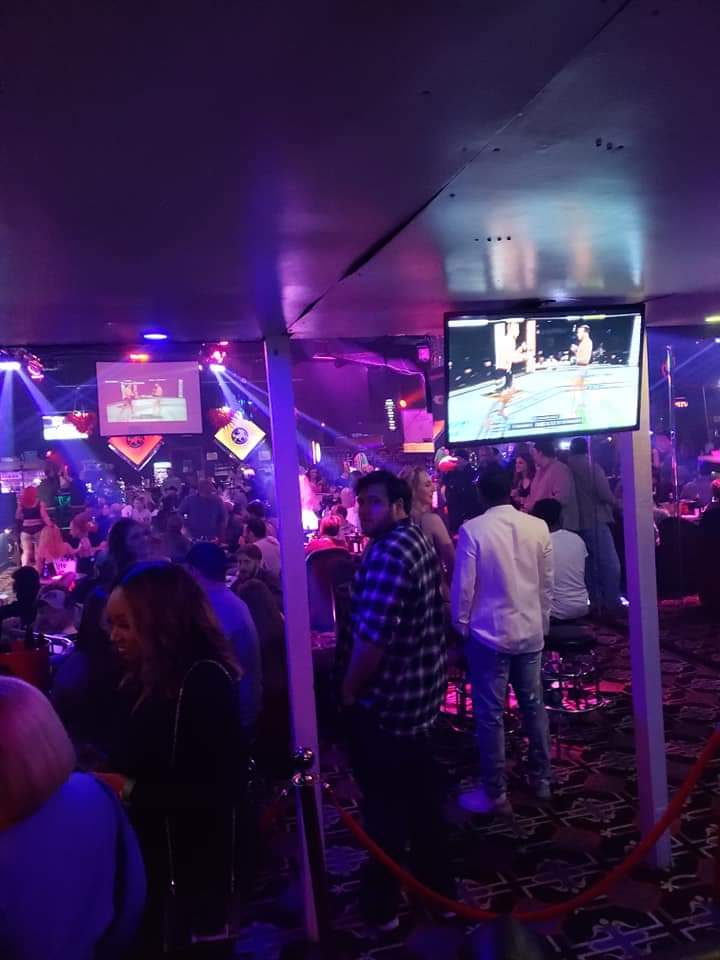
ED: How did you end up in Alabama with the Pony clubs?
JARRELL: I couldn’t survive the COVID shutdowns, and the opportunity presented itself. I have family nearby and decided to try it. Alabama has been a perfect fit for me.
ED: How are the Pony Clubs different from others you’ve worked with?
JARRELL: Hands down, it’s the family feeling. They genuinely care; they’re invested in who you are and how you’re doing. If you’re going through a hard time, they’ll talk to you and ensure you’re okay. They provide everything I need to succeed. If something needs repair or replacement, it’s immediately discussed and taken care of. I’ve never worked anywhere where I’m as excited to go to work. It’s where all my friends are, and that starts with Jerry. When Jerry walks into the club, you know he’s there, and the energy goes up.
“We get the playbook from our managers/coaches and work with our team on the field to win games nightly.” — Jeb Jarrell
ED: DJs are considered the quarterbacks of adult nightclubs. How does your club encourage that relationship?
JARRELL: DJs do feel like quarterbacks. We get the playbook from our managers/coaches and work with our team on the field to win games nightly. Those wins are when the club is popping with great energy; everyone’s making money. If the manager’s ensuring the mood, we’re ready to do this and have our training, tools, and necessary equipment, it’s much easier. I could just run the plays all day; it makes for a great night.
The energy that translates through the DJ’s microphone considerably influences the mood. If he sounds half asleep and bored, everyone there will be that way. So his voice is critical to keeping the energy consistent.
ED: Pony Clubs are blue-collar strip joints rather than gentlemen’s clubs. What are the differences for DJs?
JARRELL: Gentlemen’s clubs can be stuffy. A Pony club is always more personable and a guaranteed party; you realize that when you walk in. They’re usually in smaller markets with more regulars than a giant venue mainly hosting tourists. I’m on the floor, not in a booth, so it’s more interaction. They’re coming for a wild and rowdy party; you ask the crowd to scream, hoot, and holler, they’ll respond immediately.
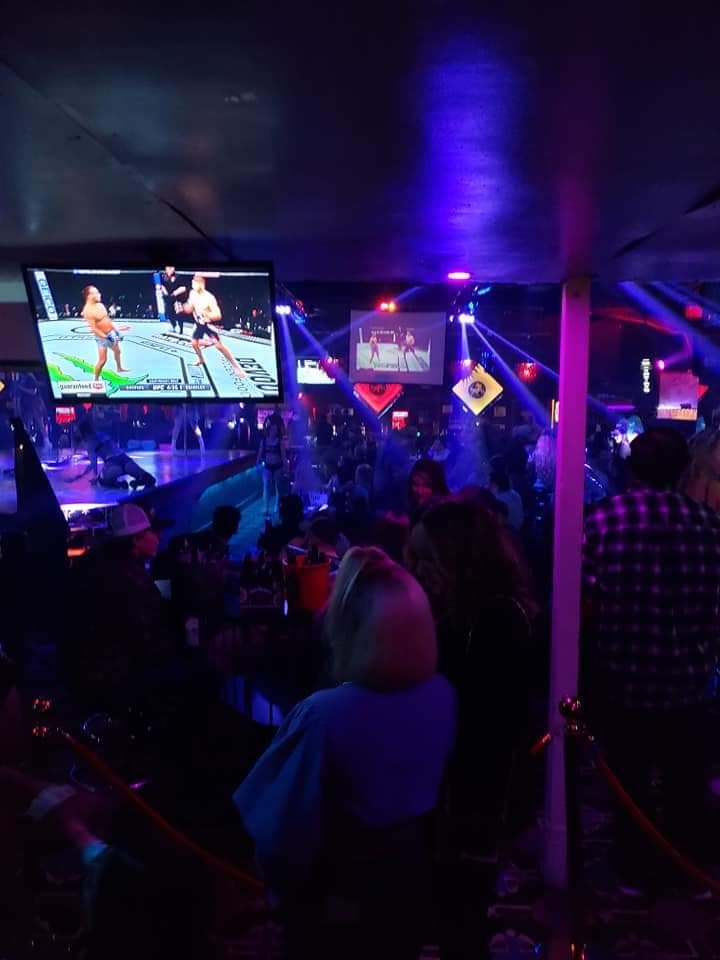
ED: Tell me about PANDA and what it’s done for you and the industry.
JARRELL: PANDA first started about six months before I got involved. I’d started my own group in Texas, called Strip Club DJs, and it had a couple of hundred members. I thought PANDA had set up a better structure, so we merged.
Within a year, PANDA had 500 members. We tried different directions, eventually realizing PANDA should be an educational resource/communication network because every club has DJs, and DJs love talking. We could share information and ideas, becoming better as a group. PANDA has been very successful in creating that educational base in its 10 years. Clubs contact us daily for DJs or staff positions. With our people’s work on the music side, DJs always know the most current songs. We’re at about 1,200 members now. After COVID, some DJs have returned, and a whole new generation has joined up. These people are all new to the industry, so it’s like a rebirth.
Don’t be a DJ that just plays music; diversify your skillset. help with social media, or provide that service if your club needs that. Social media isn’t time-consuming for tech-savvy DJs. — Jeb Jarrell
ED: What’s changed in your relationship with entertainers over time?
JARRELL: Today, girls can go everywhere. That’s a game-changer. Clubs must create an environment, a vibe, and an energy that motivates entertainers to be there every day.
ED: What is one aspect of your job that is an unexpected reality—an obligation/responsibility you wouldn’t have fathomed before becoming a DJ that’s now second nature to you?
JARRELL: I’m conscious of the reality you’re responsible for the careers of anybody you bring into the industry. I never thought that would be part of my life when I was younger. Altogether, I brought eight people to Alabama. The worry that they would be successful has been stressful, but everyone’s done great.
ED: If you had other club DJs in a room and could share some advice, what would you like to tell them?
JARRELL: Maintain communication and the absolute best relationship you can with every entertainer. The more entertainers that respond and work with you, the more credibility and stability you have. Don’t be a DJ that just plays music; diversify your skillset. Help with social media, or provide that service if your club needs that. Social media isn’t time-consuming for tech-savvy DJs. We can integrate that into our toolbox. Nowadays, automation can play the music and put dancers up; we must provide more to keep our jobs and remain relevant.
Larry Kaplan has for 21 years been the Legal Correspondent for ED Publications. In addition, Mr. Kaplan is a business broker in the sale and purchase of adult nightclubs and adult retail stores and the Executive Director of the ACE of Michigan adult nightclub state trade association. Contact Larry Kaplan at 313-815-3311 or email larry@kaplanclubsales.com.








